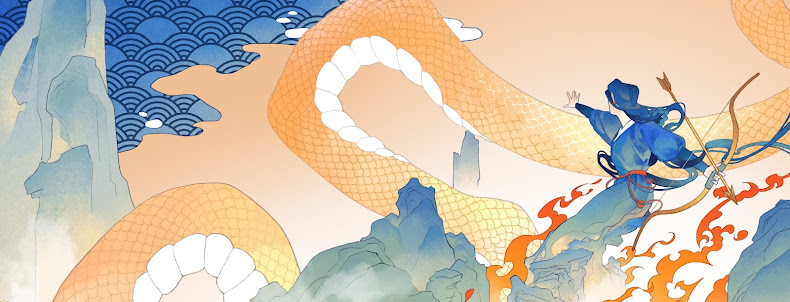This
was my first Austen novel. I saw the 2005 movie adaptation starring Keira
Knightley and my impression was that it was an artificially sweet romantic
story bordering on the make-believe kind. Reading the novel has confirmed that
first impression, and I've been wondering if I might have enjoyed the story
more had I read it in my younger days.
For
me, one redeeming element of the novel is Austen's attribution to Mr. Bennet of
an acute sense of humor, other than her witty depiction of Mr. Collins'
obsequious falsehood and Lady Catherine de Bourgh's self-important
snobbishness. Overall, I find the novel in want of any meaningful themes, and
the love story between Elizabeth Bennet and Mr. Darcy seems to be no more
convincing than a well-constructed fairy tale.
